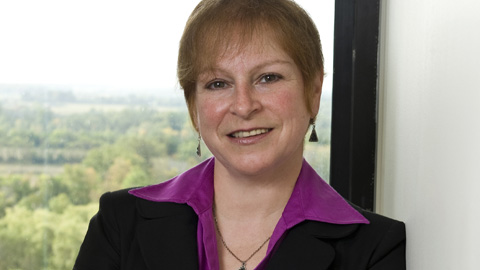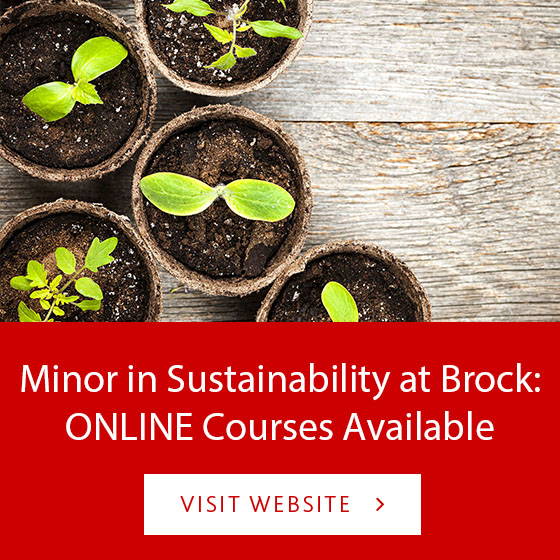
The undergraduate research of Lydia Collas, second year student in the Sustainability Science and Society (SSAS) graduate program, is to appear as the Editor’s Choice in the December issue of the Journal of Applied Ecology.
Before moving to Canada last year, Lydia studied a B.A. (Hons.) degree in Natural Sciences at the University of Cambridge. It was during this time that Lydia completed the project entitled “Land sharing, land sparing and urban development: the importance of considering restoration” that would eventually see publication this December.
The research considers how best to reconcile biodiversity conservation with urban development. “Worldwide, human populations in cities are growing rapidly and so urban centres are expanding with more houses being built,” Lydia explained. “We wanted to look at what effect this has on nature to find out how nature could be conserved.” The study applies the land sharing/sparing framework to answer this question.
“There are typically two schools of thought of how we should seek to maintain biodiversity in a landscape whilst also meeting human needs. In the context of urban development, land sharing would see low-density housing, with large gardens, built in an attempt to support wild populations alongside humans. Under land sparing, high density housing would be built such that the human population could be supported in a smaller area, enabling the ‘sparing’ of large areas of green space for nature. In this case, the land for humans and the land for nature are spatially explicit.”
This research investigated how native tree populations in the city of Cambridge fared under different development strategies, on a gradient from land sharing to land sparing, whilst meeting the housing demand of the population forecasted for the year 2031. The authors also considered the implications of restoring woodland on areas of green space, which are largely maintained with little vegetation at present.
The results show that land-sharing development would see the native tree population slightly increase in size owing to the relatively higher density of trees in low-density housing which is accompanied by large gardens. However, if areas of green space within the city could be restored to woodland, the optimal strategy becomes one of land-sparing which could see tree populations increase 12-fold. Indeed, land sparing becomes the favourable strategy after just 2% of the city’s green space is restored to woodland.
Having submitted this work to the Journal of Applied Ecology in September 2016, Lydia is very much looking forward to seeing this work in print next month.
“To be first author on a publication at this stage of my career is so exciting. I am hugely grateful for the support of my supervisors, Professors Andrew Balmford and Rhys Green, whom this would not have been possible without, as well as my talented colleagues Alex Ross and Josie Wastell.”
Dr. Ryan Plummer, Professor and Director of the Environmental Sustainability Research Centre, which hosts the SSAS program put this publication into perspective and expressed his pride at this achievement.
“The Journal of Applied Ecology is a Q1 (2.869 SJR) journal in which established Faculty researchers aspire to publish. Editor’s Choice recognition in such a high-quality journal is a tremendous accomplishment, and nod to the scientific calibre of Lydia’s research. I am tremendously proud of Lydia! This accomplishment exemplifies the high calibre of scholarship to which graduate students at Brock should aspire and the importance of scholarships to enable exceptional international students to study at Brock.”
As Lydia nears the end of her time in the SSAS program, she is looking to remain in academia and is currently putting together PhD applications. We wish her every success.










 Story from
Story from 